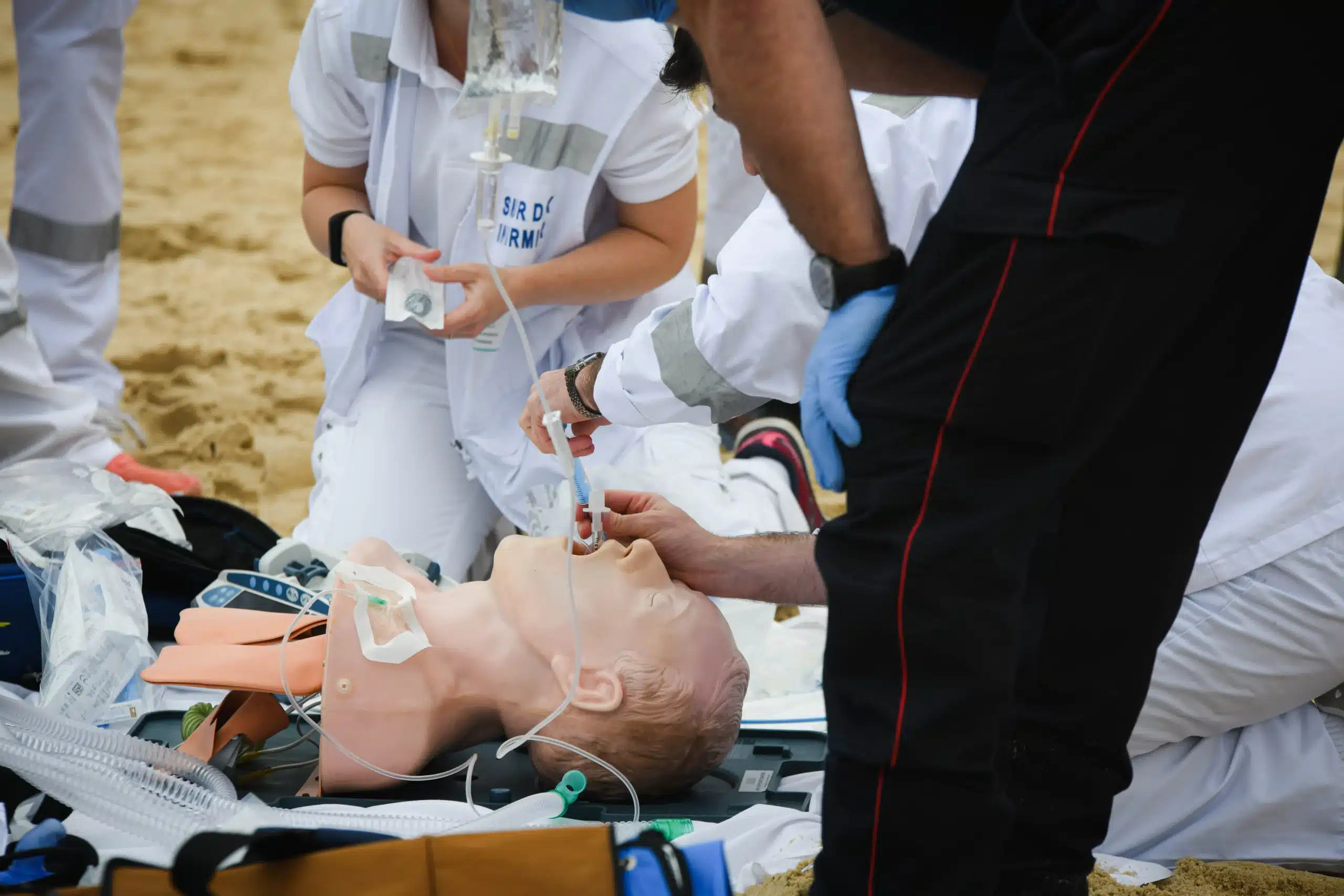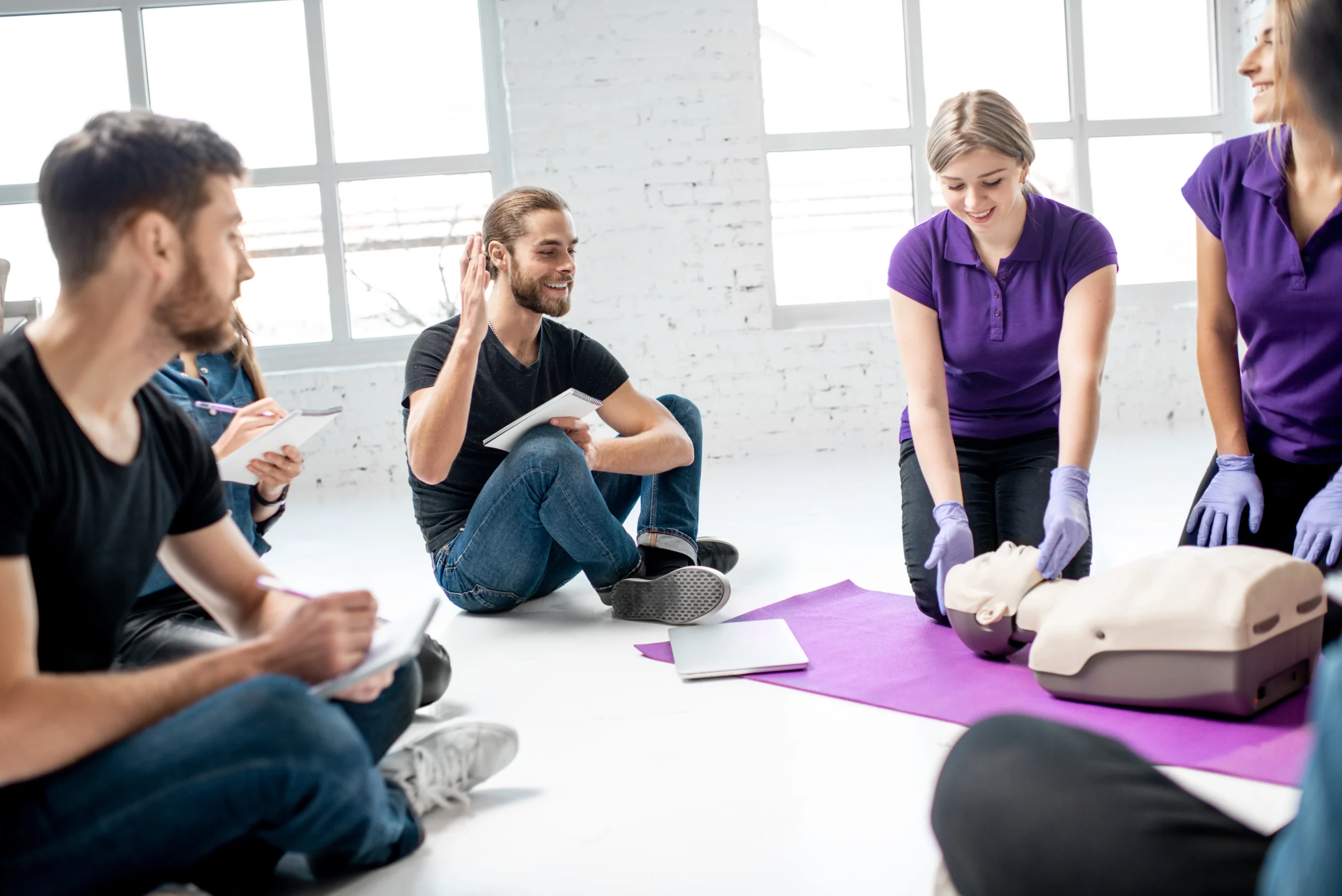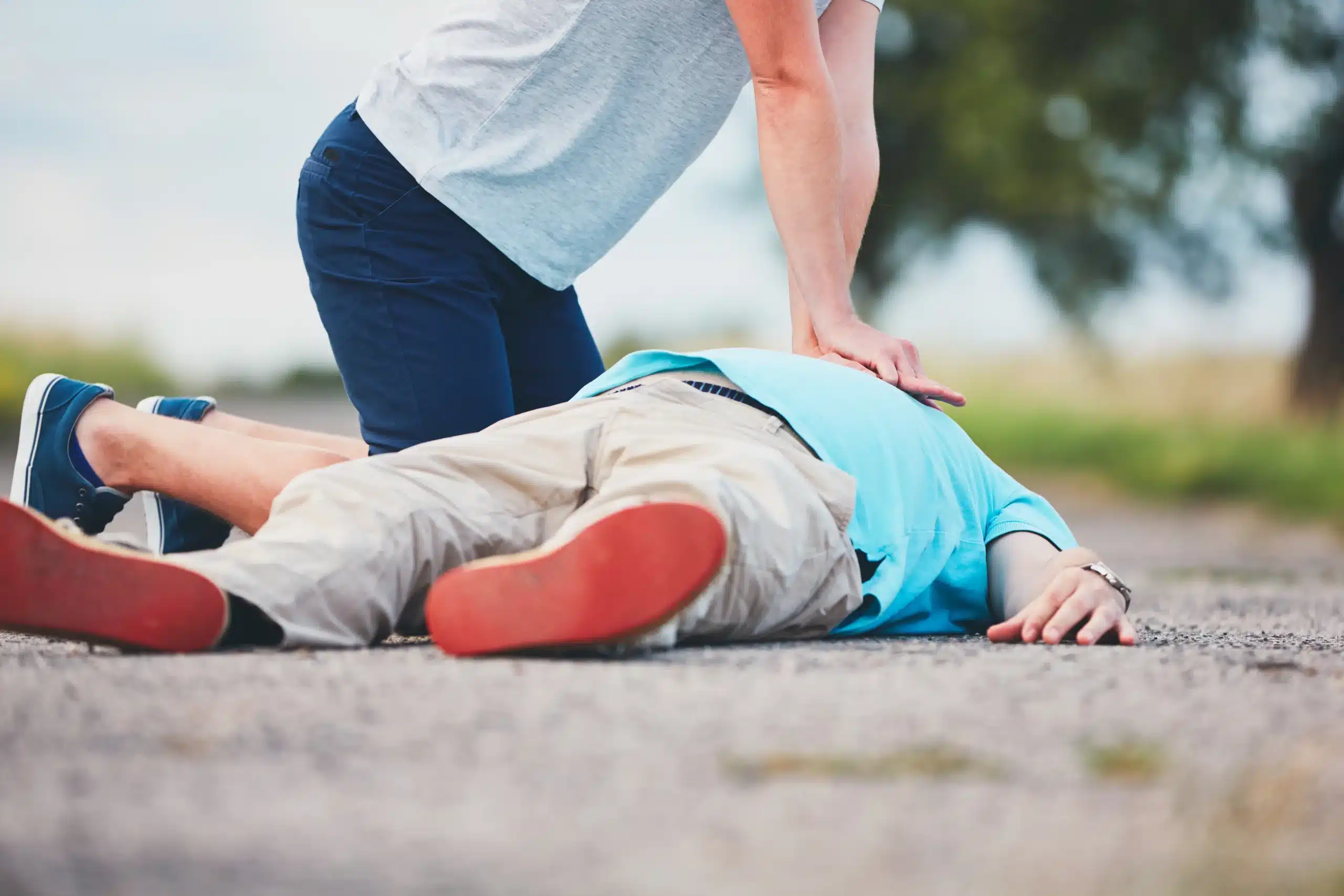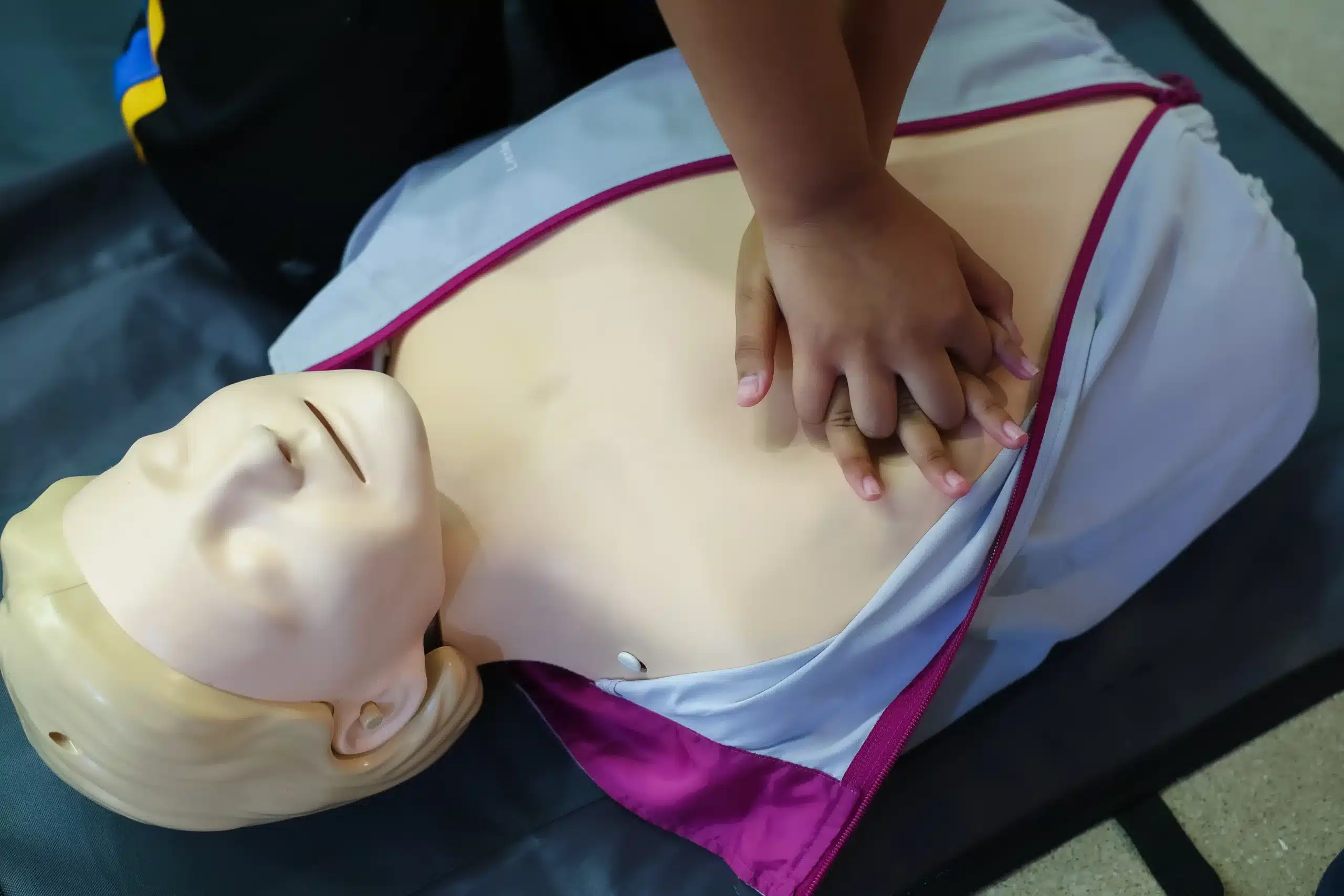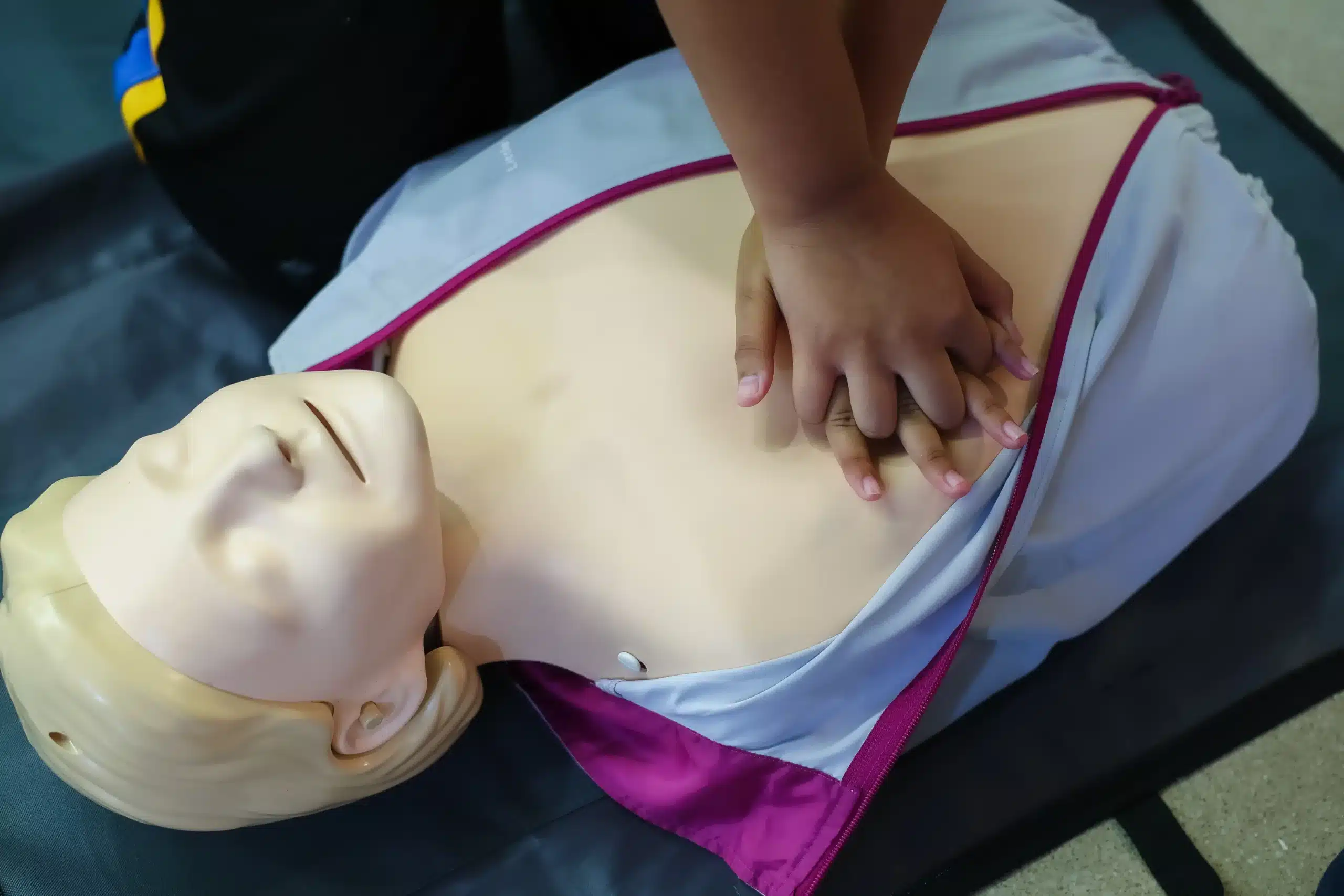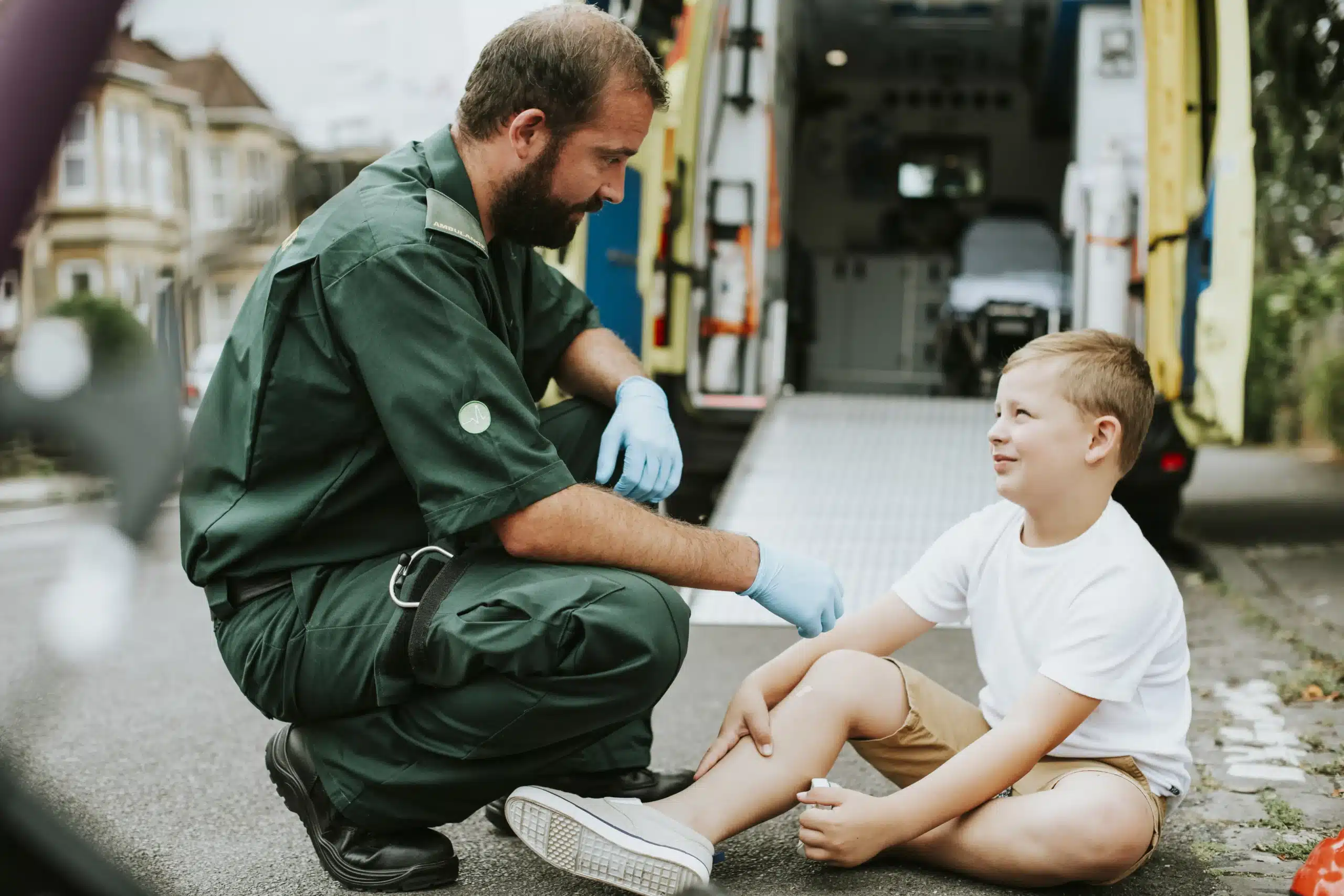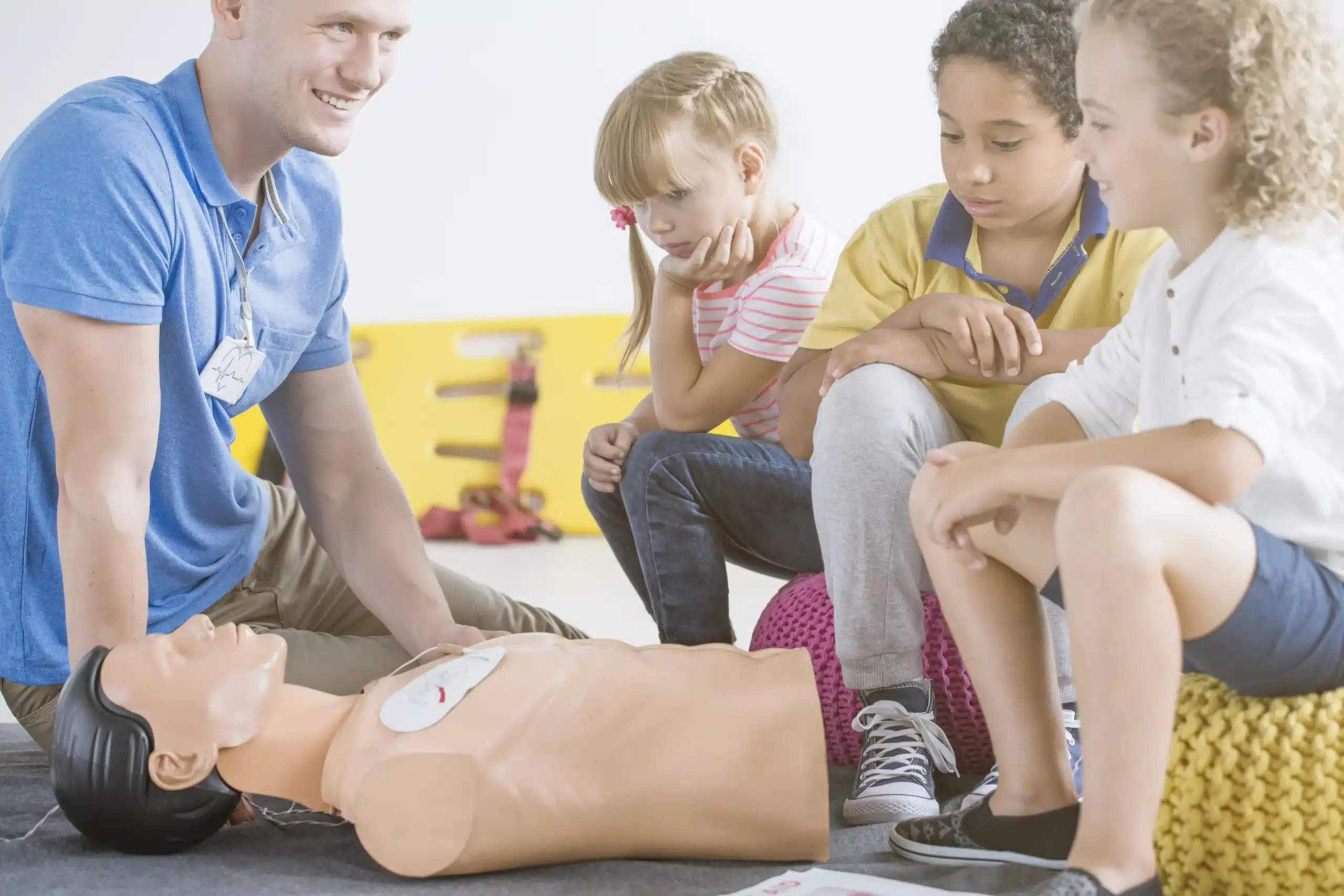Empowering yourself with life-saving skills is one of the most valuable things you can do, both for yourself and your community. If you’re in Petaluma and considering taking a BLS course, this guide is designed to help you every step of the way. We’ll explore the importance of BLS, discuss the various bls courses in Petaluma and nearby cities, and provide you with the resources you need to choose the right course for your specific needs. Whether you’re a healthcare professional, a business owner, or simply someone who wants to be prepared for emergencies, we’ll help you find the perfect BLS training to fit your lifestyle and goals.
Key Takeaways
- BLS certification provides advanced life support skills: It’s a crucial credential for healthcare professionals and anyone who wants to confidently respond to medical emergencies. Consider your career goals and choose a course that meets your specific needs.
- Flexible learning options make BLS training accessible: Explore in-person, online, or blended learning formats to find a course that fits your schedule and learning style. Look for providers offering daily classes and convenient locations.
- Compare course features to make the right choice: Consider factors like the certification body (American Heart Association is often preferred), course content, cost, and instructor experience before enrolling in a BLS course. Check for a low price guarantee and convenient locations.
What are BLS Courses in Petaluma?
What are BLS Courses and Why are They Important?
BLS stands for Basic Life Support. It’s a critical healthcare certification that goes beyond standard CPR. Think of BLS as CPR amplified—it equips you with the skills to manage life-threatening emergencies like cardiac arrest, respiratory distress, and airway obstructions. These courses cover essential techniques such as chest compressions, rescue breaths, and using an AED (automated external defibrillator), but also delve into more advanced procedures for healthcare providers. Why is this important? Because BLS provides the foundational knowledge and practical skills needed to potentially save lives in critical situations. The American Red Cross highlights the key differences between standard CPR and BLS certification.
Who Needs BLS Certification?
While anyone can benefit from knowing BLS, it’s especially crucial for healthcare professionals like doctors, nurses, paramedics, and other first responders. Their roles often place them on the front lines of medical emergencies, making BLS certification a core requirement. BLS certification ensures they possess the training and confidence to provide immediate, effective care during those critical first few minutes. Beyond the medical field, BLS certification can also be valuable for those working in roles such as lifeguards, teachers, or personal trainers.
What BLS Courses are Available?
Several organizations offer BLS certification courses in Petaluma and the surrounding areas, including Rohnert Park and Novato. You can find options through providers like Safety Training Seminars, which offers American Heart Association-certified courses, often the preferred standard for healthcare professionals. Some providers, like HealthQuest, also offer blended learning options, combining online coursework with in-person skills sessions. This flexibility allows you to learn the material at your own pace before practicing the hands-on techniques. You can find a comprehensive list of local CPR and BLS resources at Bay Area CPR.
Common Reasons People Seek BLS Training
People choose to pursue BLS training for a variety of reasons. For many healthcare professionals, it’s a job requirement, essential for career advancement and maintaining their licenses. Others seek BLS certification to gain valuable life-saving skills, providing them with the confidence to respond effectively in emergencies. And for some, it’s simply about having peace of mind, knowing they have the tools to help should a loved one or stranger experience a medical crisis. BLS training empowers individuals to make a real difference in critical situations.
Find BLS Training in Petaluma
Several organizations offer BLS training in and around Petaluma. Here’s a quick rundown to help you find the right fit:
Safety Training Seminars
Safety Training Seminars provides a range of American Heart Association-certified courses, including BLS, ACLS, PALS, First Aid, and CPR, right here in Petaluma. They offer classes daily and serve the surrounding communities of Rohnert Park and Novato. Be sure to check their website for their low price guarantee.
HealthQuest
Located in Petaluma, HealthQuest offers several CPR and First Aid training options, including BLS for healthcare providers. They have a blended learning option, HeartCode BLS, which combines online coursework with an in-person skills session. HealthQuest also offers CPR and AED training for the general public, including a Spanish language option, and pediatric CPR training for childcare providers.
American Red Cross
The American Red Cross is another well-known provider of BLS certification courses. These courses are taught by certified instructors and meet workplace requirements for many healthcare positions. Remember that BLS certification is typically valid for two years, so the Red Cross also offers recertification courses.
CPR Classes Petaluma
CPR Classes Petaluma offers daily CPR, BLS, ACLS, PALS, and First Aid training in Petaluma. All courses are American Heart Association certified. This is a convenient option for those seeking a variety of courses in one location. They also offer discounts for group classes.
Bay Area CPR
Bay Area CPR offers daily classes in Petaluma and provides same-day certification cards upon completion of the in-person skills test. They offer a range of courses, including BLS, ACLS, PALS, CPR, and First Aid.
Costs, Certification, and Course Details
Knowing the costs, certification process, and what to expect during your BLS course can help you prepare and choose the right training program. Let’s break down these key aspects:
Course Pricing and Group Discounts
Community BLS classes in Petaluma often have a standard fee, sometimes around $25 per person, as reported by resources like Healthquest Classes. For on-site training at your workplace, the pricing structure may differ. Some providers might charge a flat fee for up to a certain number of participants, then an additional fee per person beyond that limit. Contact Safety Training Seminars for the most up-to-date pricing on group discounts and options for your team. We’re committed to offering competitive rates and a low price guarantee.
Certification Process and Validity
After successfully completing your BLS course with Safety Training Seminars, you’ll receive your American Heart Association (AHA) BLS certification. This certification is valid for two years. As your certification nears its expiration date, remember that recertification courses are available to keep your skills sharp.
Course Duration and Content
A full BLS course generally takes about 4.5 hours to complete, while a renewal course is shorter, often closer to 3 hours. These courses, designed by medical and scientific experts, cover essential life-saving techniques, including CPR, AED use, and relieving choking. You can find more details about our course content on our BLS course page.
Hands-On Practice: Why It Matters
BLS courses emphasize hands-on practice to build confidence and competence. You’ll practice your skills on voice-assisted mannequins, providing a realistic training experience. While instructors may not be physically present during every practice scenario, support is available if needed. Performing CPR can be physically demanding, so consider your physical abilities before enrolling.
Flexible Learning Options and Unique Features
Finding the right BLS course often comes down to format and features. Let’s explore some options that might be a good fit for you.
In-Person, Online, or Hybrid Courses?
Busy schedules often make in-person classes difficult. If that sounds familiar, you’re in luck. Many providers now offer online or blended learning options. For example, a hybrid course might involve completing the coursework online through a program like HeartCode BLS, then scheduling an in-person skills session and skills test with an instructor. Some providers, like HealthQuest, also recommend reviewing the AHA BLS Provider Manual before your in-person session. This pre-work can make a real difference in your comfort level during the skills test.
RQI Program and Daily Classes
RQI programs are another way to streamline BLS training. RQI usually involves an online learning component, including videos, followed by an in-person skills check. Many Petaluma CPR training providers use this format, and watching the videos beforehand can really help you feel prepared. Plus, with daily classes available, you’re more likely to find a time slot that works.
AHA Certification and Immediate Card
One of the best parts about completing your BLS training? You typically receive your American Heart Association BLS certification card the same day you pass your skills test. No waiting around—you’re certified and ready to go.
Convenient Location and Expert Instructors
Location is key when choosing a course. Safety Training Seminars, for example, offers classes at 921 Transport Way, Suite 30, in Petaluma. With extended hours from 8 am to 10 pm, it’s easier to fit training into your schedule. This Petaluma location is convenient for residents of Rohnert Park and Novato, too. Training with experienced, certified instructors makes a big difference in how well you understand and retain the information. Safety Training Seminars is known for its expert instructors and commitment to student success.
Choose the Right BLS Course
Finding the right BLS course means understanding your needs and comparing what different providers offer. This section breaks down key factors to consider when making your decision.
Compare Course Features and Employer Requirements
First, confirm your employer’s requirements. The American Heart Association (AHA) is often the preferred provider for BLS certification, and many healthcare employers require it. Remember that BLS certification differs from CPR training. While BLS includes CPR, it also covers a broader range of skills. If you’re aiming for a healthcare job, an AHA-certified course like the one offered by Safety Training Seminars is likely your best bet.
Scheduling and Accessibility
Think about how a course schedule fits with your availability. Safety Training Seminars holds daily classes in Petaluma, with extended hours to accommodate various schedules. If you need more flexibility, explore providers like Healthquest, which offers private and on-site CPR and First Aid training in Petaluma. Consider factors like class location and whether online or hybrid options work for you.
Make an Informed Decision
Before signing up, double-check that the course aligns with your employer’s requirements. Confirm how long the certification is valid for and whether the course content covers everything you need. Most BLS courses issue certification cards, but their validity periods can vary. A quick conversation with your employer or a close look at the course description can save you time and ensure you get the right training.
Related Articles
- BLS CPR Classes in Petaluma, CA – Petaluma CPR Classes
- HeartCode BLS Petaluma: Your Certification Guide – Petaluma CPR Classes
- CPR Courses in Petaluma: Find the Right Class for You – Petaluma CPR Classes
- BLS Renewal in Novato: Your Complete Guide – Petaluma CPR Classes
- Complete Guide to Basic Life Support (BLS) in Rohnert Park
Frequently Asked Questions
What’s the difference between BLS and CPR? CPR is a core component of BLS, but BLS goes further. It includes CPR but also covers a wider range of skills, such as using an AED, managing choking, and understanding team dynamics during emergencies. BLS certification is generally preferred, and often required, for healthcare professionals.
How long does BLS certification last, and how do I renew it? BLS certification is typically valid for two years. Renewal courses are available, and often shorter than the initial certification course. Check with your chosen training provider, like Safety Training Seminars, for recertification options.
What should I expect during a BLS course? Expect a combination of instruction, videos, and—most importantly—hands-on practice. You’ll learn and practice skills like CPR, using an AED, and airway management. You’ll work with training mannequins to simulate real-life scenarios.
How much does a BLS course cost, and are there discounts? Costs vary depending on the provider and the type of course. Some providers offer discounts for groups. It’s always a good idea to contact the provider directly for the most up-to-date pricing information. Safety Training Seminars, for example, offers a low price guarantee.
How can I find a BLS course that fits my schedule? Many providers offer flexible scheduling, including weekday and weekend classes, as well as online or hybrid learning options. Look for providers like Safety Training Seminars that offer daily classes and extended hours. If you have a busy schedule, a blended learning format might be a good fit.
